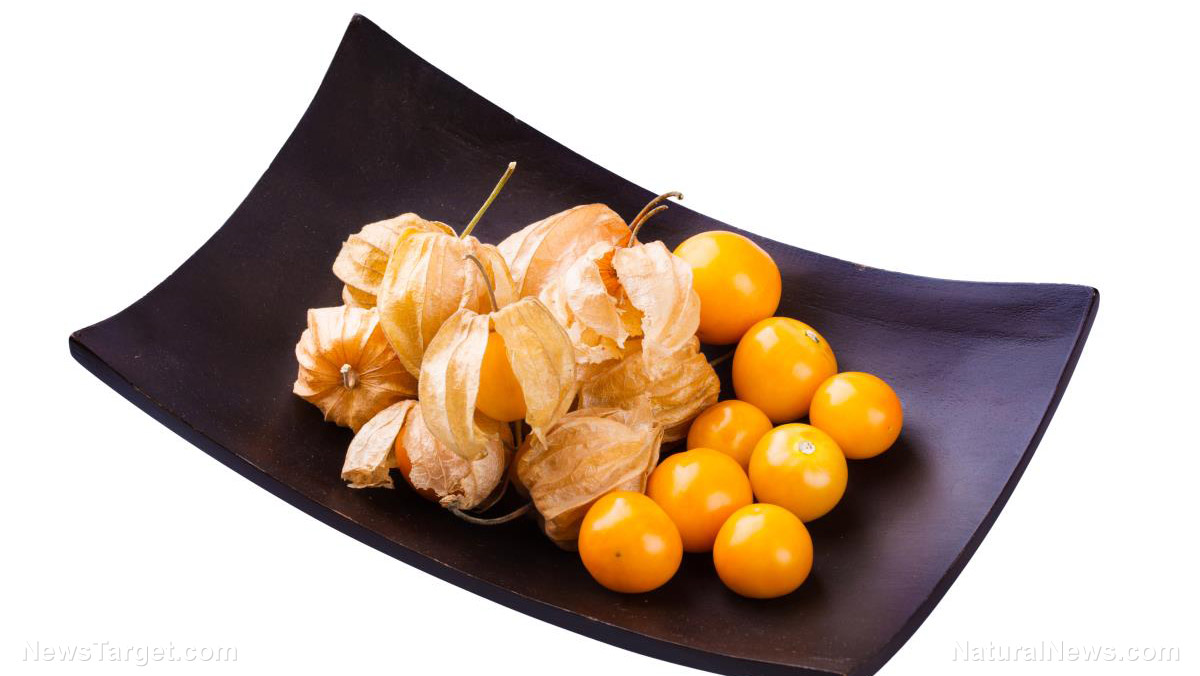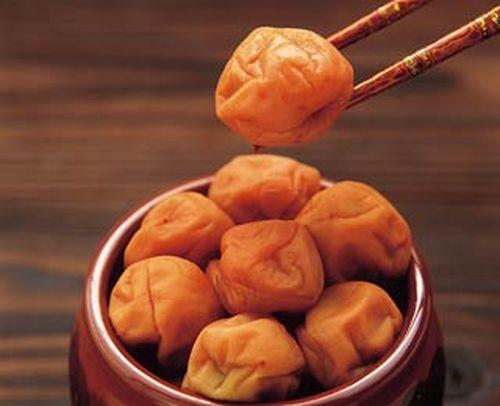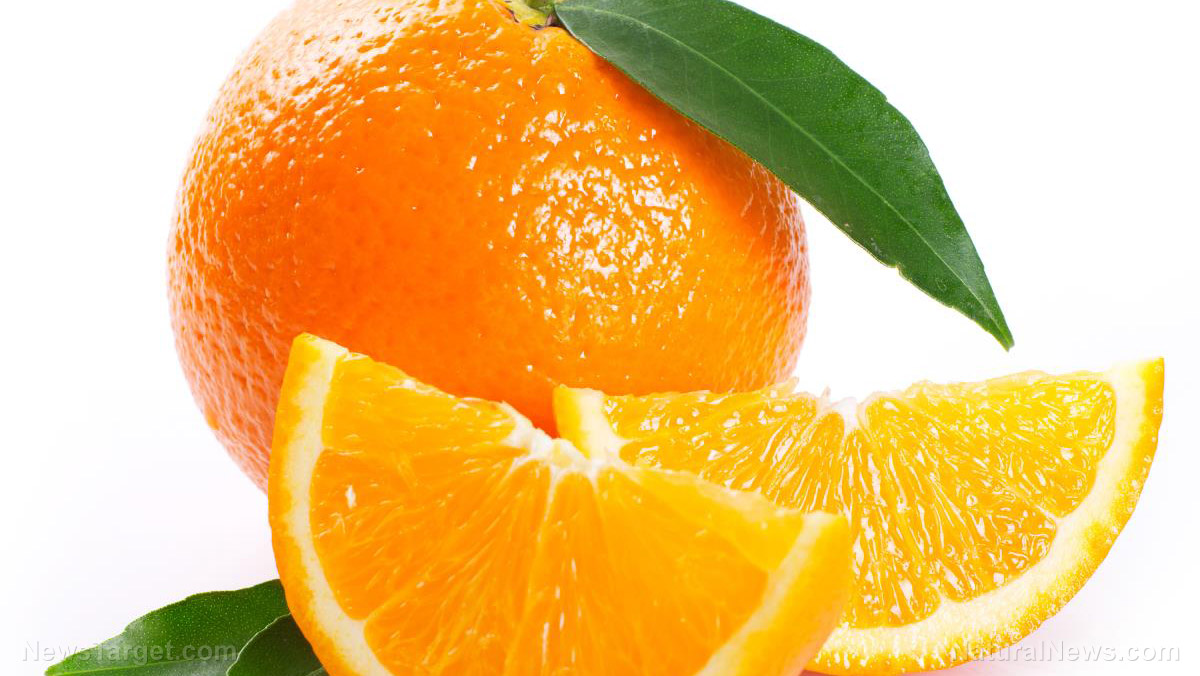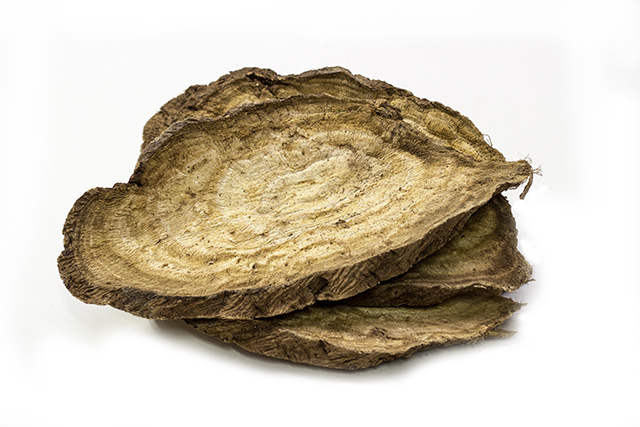Nature’s pharmacy: Use the South American Surinam cherry to disinfect wounds and relieve swelling
10/20/2018 / By Ralph Flores

A recent study has found that a cherry native to Brazil contained multiple health benefits that validate its use in folk medicine as a treatment for various conditions. Findings from this study, published in BMC Complementary and Alternative Medicine, suggest that the leaves of the Surinam cherry (Eugenia uniflora) possessed antibacterial, anti-inflammatory, antioxidant, and analgesic activities based on a series of tests.
The Surinam cherry is considered a medicinal plant in Brazilian folk medicine, with its leaves being used to treat diseases that range from fevers, flu, coughs, diarrhea, and stomachaches, to severe conditions such as parasite infestation, hypertension, and even diabetes. It has also been used to treat inflammation, particularly in the throat and oral cavity, as well as support cardiovascular health.
Based on preliminary analyses, the leaves of the Surinam cherry contained alkaloids, triterpenes, tannins, flavonoids, and anthraquinones – all of which are noted to have antioxidant activity.
“While many studies have investigated E. uniflora, few studies have examined a possible correlation between the phytochemical composition of this dicotyledonous plant and its biological activities,” the researchers wrote in their report.
For the study, researchers used crude leaf extracts and prepared aqueous and ethyl acetate-treated fractions from it. The phytochemical composition, as well as its anti-inflammatory and analgesic activities, were tested using multiple assays.
Results of the chromatography assay revealed concentrations of gallic acid, ellagic acid, and myricitrin. Gallic acid, in particular, contains antioxidant and antifungal activities, based on the result of a separate study made on the compound. Likewise, ellagic acid and myricitrin have antioxidant, as well as antibacterial (for ellagic acid) and potential anti-cancer (for myricitrin), properties.
The findings also revealed that the crude leaf extract and fractions of the Surinam cherry inhibited most of the tested bacteria. In particular, crude extracts were able to inhibit bacterial growth – including antibiotic-resistant MRSA – using a small dosage. Both the extract and fractions reduced leukocyte migration and myeloperoxidase activity, which are both biomarkers for inflammation. Researchers also noted that aqueous fractions of the leaf extract significantly decreased IL-1? and TNF-? levels, proteins that indicate the presence of long-term inflammation. All derivatives also exhibited peripheral analgesic activity, which could make them natural pain relievers.
“The CE [crude extracts] and fractions from the studied E. uniflora Linn leaves exhibited antibacterial, anti-inflammatory, antioxidant, and analgesic activity in the performed assays,” the team concluded. Further studies, they suggest, should determine the active antibacterial compound in the leaf of the Surinam cherry, including the plant’s overall health benefits. (Related: 10 Reasons to Use Tart Cherry Juice to Reduce Inflammation.)
Other health benefits of Surinam cherries
Surinam cherries, which are also called Brazilian cherries, are used to prepare different kinds of desserts and sweets, thanks to their rich, sweet flavor and deep red hues. These cherries are packed with nutrients, including proteins, healthy fats, carbohydrates, and essential vitamins and minerals. In traditional medicine, the whole plant is used, including the leaves and the stem. Here are just some of the health benefits that people can get from Surinam cherries:
- Disinfect wounds. The plant can be used to dress wounds and bleeding, thanks to its potent antiseptic activity.
- Treat digestive problems. Surinam cherries are known for their astringent properties, which can help relieve diarrhea and other gastrointestinal issues.
- Boost the immune system. In particular, the vitamin C content of Surinam cherries can help support the immune system and improve its defenses against foreign bodies.
- Get fairer skin. The potent antioxidant activity of Surinam cherries can prevent the formation of free radicals, which also affect the quality of the skin.
- Give the body an energy boost. The B-vitamins in Surinam cherries can be used by the body for a quick energy boost.
Read more about natural options for wound healing by following Herbs.news today.
Sources include:
Tagged Under: alternative medicine, anti-inflammatory, antibacterial, antioxidants, food as medicine, food cures, fruits, functional food, herbal medicine, Herbs, natural cures, natural medicine, natural remedies, phytochemicals, phytonutrients, plant cures, remedies, Surinam cherries


















